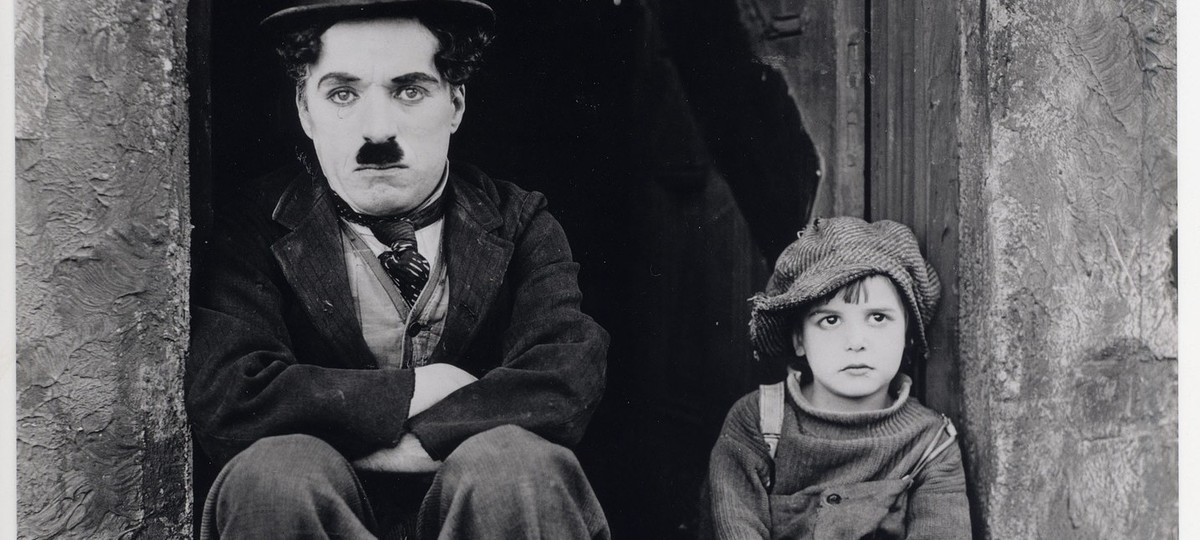
2016 seemed like an unusually bad year for celebrity deaths (though we're told that it wasn't really out of the ordinary). But the one-two punch of the deaths of Carrie Fisher and her mother, Debbie Reynolds, 24 hours apart was shocking, even by 2016 standards.
Some have suggested that Reynolds died of a broken heart, and why wouldn't she? It's every parent's worst nightmare to bury a child. Even so, Carrie Fisher's childhood was pretty awful — and, unfortunately, in Hollywood, that isn't out of the ordinary. Her parents divorced before she was 3; Fisher's father, 1950s singer Eddie Fisher, notoriously left Debbie Reynolds for her best friend, Elizabeth Taylor. His daughter rarely saw him thereafter. Reynolds herself was often gone, performing, leaving her children alone. Carrie Fisher was smoking marijuana by age 13 (after her mother apparently introduced her to it), later graduating to harder drugs (acid, LSD, mushrooms, cocaine), some of which she engaged in with her father. "Star Wars" made Fisher a mega-star when she was only 19, and she did not handle celebrity well. She was diagnosed with bipolar disorder at age 24, and although virtually everyone rightly praises Fisher for her frankness and honesty about her struggles with mental illness, far fewer are asking to what extent her upbringing, neglect, heartbreaks and drug use contributed to her diagnosis (or vice-versa).
It bears asking these questions because so many child performers — and children of performers — end up addicted, suffering from eating disorders or otherwise deeply damaged. (Here's an incomplete list: Macaulay Culkin, Corey Haim, Tallulah Willis, Amanda Bynes, River Phoenix, Mischa Barton, Tatum O'Neal, Zoe Kravitz, Brittany Murphy, Judy Garland, Dana Plato, Brad Renfro, Bobby Driscoll, Jodie Sweetin, Zac Efron, Alexa Penavega, Jeremy Miller, Cory Monteith, Melissa Gilbert.) Far too many die tragically young.
In fact, the entertainment business is so notoriously damaging to children that it is a national scandal. If it were any other industry, the very same self-proclaimed "progressive" stars who inhabit Hollywood would insist that it be shut down.
Hollywood's distorted relationship with childhood is not limited to real life; depictions of children in TV and movies are also absurdly skewed. Children in film and television are routinely portrayed as hypersexualized, or mouthy self-absorbed brats. Parents are out-of-touch ignoramuses or bumbling fools, if they are present at all. Ask yourself: When was the last time you saw children portrayed as innocent, kind or respectful of their elders?
One child character from a popular TV show is so awful that it actually shocked me. Guillermo del Toro and Chuck Hogan's vampire series, "The Strain" is entertaining, and the characters generally credible. But Zach Goodweather (the 12-year-son of the main character, Dr. Ephraim Goodweather) is appalling. (Spoilers ahead...)
Zach's story starts out in typical Hollywood fashion: His parents, Kelly and Ephraim are recently divorced and fighting over custody. Mom is already shacking up with some new guy. Dad — well, Dad will pretty much sleep with anyone.
Zach's mother, Kelly, is "turned" early in the series, and disappears, leaving Zach with his father. Despite Ephraim's warnings, Zach refuses to believe that his mother is dead, or evil. That seems plausible enough in her absence. But when Kelly returns and captures Zach, his behavior becomes inscrutable. Zach watches his mother kill another child and then accepts her ridiculous explanation. He watches a creepy child-vamp kill someone, and he does nothing to stop it.
But it is when Zach is forced to confront the reality of his mother's evil that Hollywood's inability to understand children becomes painfully apparent.
At the end of season three, vampire-Kelly attacks Ephraim, and tries to kill him. Ephraim is forced to kill her in self-defense. Zach's response is a Hollywood stereotype: He screams, "I hate you!" at his father. That would be trite under the best of circumstances. Unfortunately, Zach also happens to be holding a detonator for a nuclear bomb located across the city, and in a fit of prepubescent pique, pushes the button.
Did you catch that? A 12-year-old has a temper tantrum and kills hundreds of thousands — perhaps millions — of innocent people. Are we supposed to sympathize with Zach's plight? To the contrary, Zach is a monster among monsters; a complete moral vacuum. Anyone so utterly devoid of empathy is a sociopath.
It's true that Zach is a fictional character and kids across America have real problems. So why does any of this matter?
First, to the extent children are permitted to be in the entertainment business, they deserve better.
Second, depictions of children in media impact everyone who sees them. Is this the way children should behave? Is this how we present parenting?
Finally, children are perhaps the best (which is to say, worst ) example of Hollywood's hypocrisy. We hear plenty from celebrities about what we should believe, how we should behave, who we should vote for. They see fit to weigh in on every issue imaginable, and they have nothing but disdain for those of us whose politics and values are different from theirs.
Maybe they should get their own houses in order before they tell the rest of us what to do.
Comment by clicking here.
Laura Hirschfeld Hollis is on the faculty at the University of Notre Dame, where she teaches courses in business law and entrepreneurship. She has received numerous awards for her teaching, research, community service and contributions to entrepreneurship education.


 Contact The Editor
Contact The Editor
 Articles By This Author
Articles By This Author